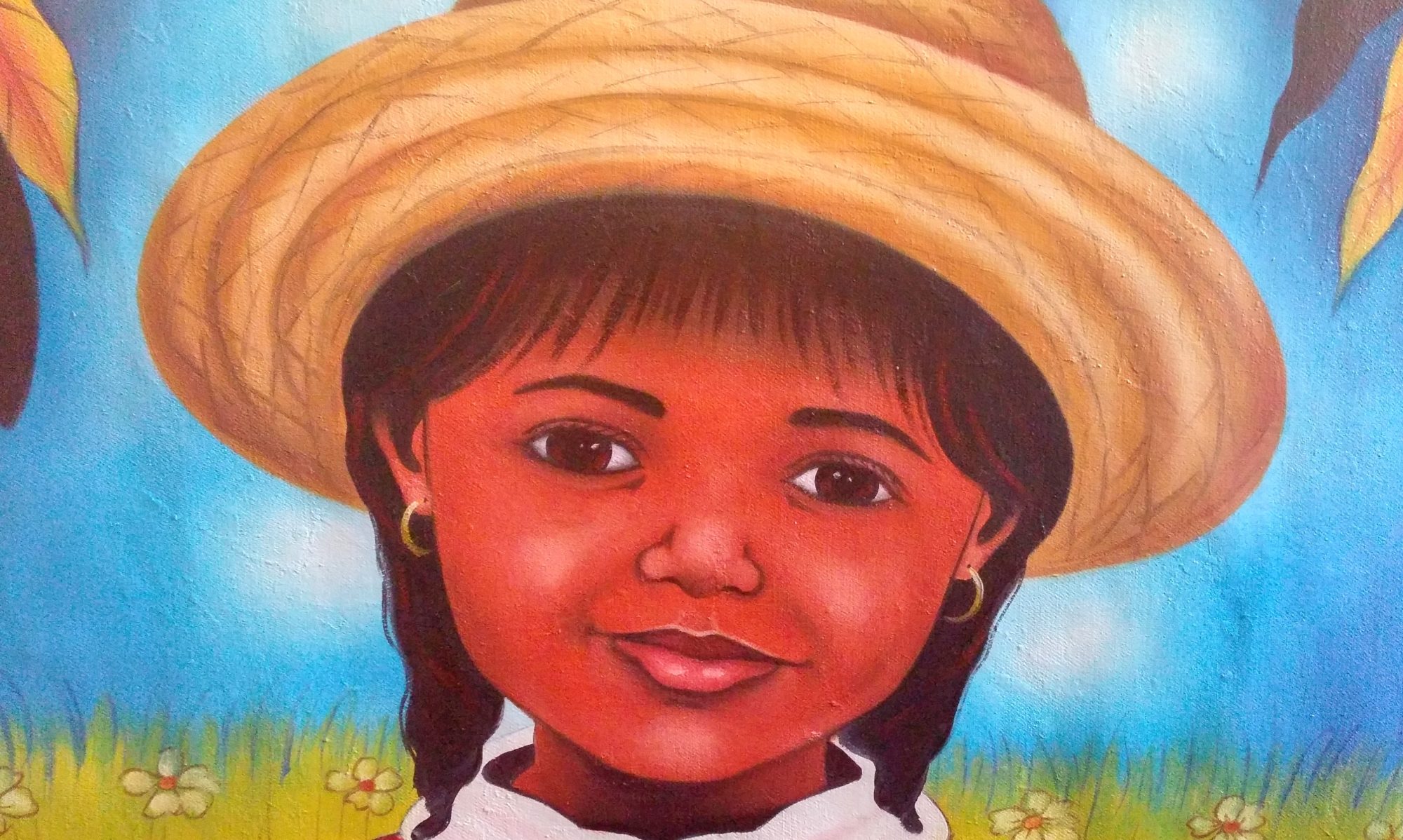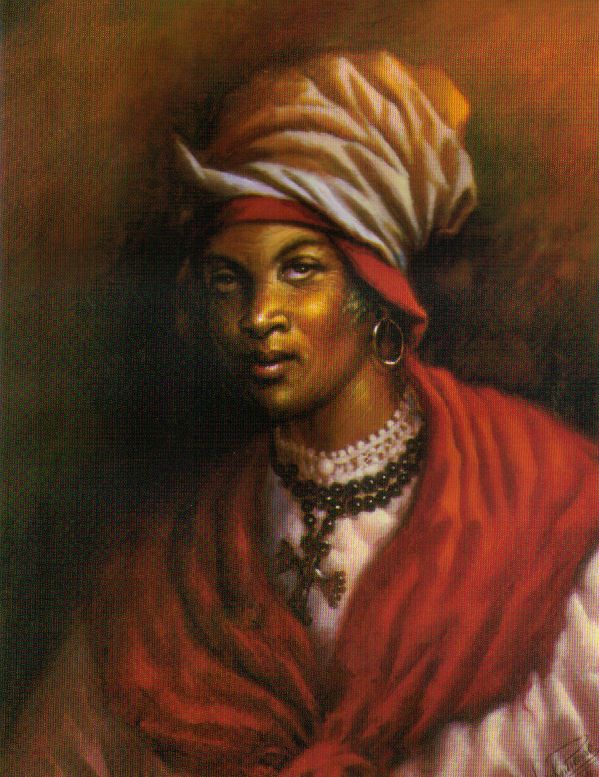 Cecile Fatiman stood among the men at Bois Caiman and gave them the courage they would need to accomplish the impossible. Marie-Jeanne Lamartiniére put on a male uniform and fought alongside the men to bring about the only successful slave revolt in history. Catherine Flon, by the light of a candle, sewed the first Haitian flag. And after Dessalines was assassinated, Marie Sainte Dédée Bazile (Defilé) was the only one bold enough to gather his remains and give him a proper burial.
Cecile Fatiman stood among the men at Bois Caiman and gave them the courage they would need to accomplish the impossible. Marie-Jeanne Lamartiniére put on a male uniform and fought alongside the men to bring about the only successful slave revolt in history. Catherine Flon, by the light of a candle, sewed the first Haitian flag. And after Dessalines was assassinated, Marie Sainte Dédée Bazile (Defilé) was the only one bold enough to gather his remains and give him a proper burial.
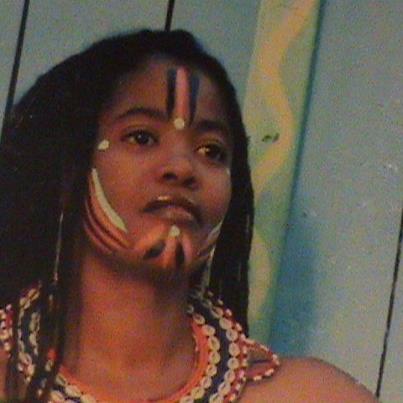 It’s been 209 years since the “1804” has been branded on every Haitian’s heart and mind. Even if parts of our country are now scuffed beyond recognition, the Pearl of the Antilles did shine brilliantly once. That much we know. But what would Marie-Janne Lanartiniére say if she saw Haïti today? How would Dessalines react if he saw all the foreign nationals roaming freely on Haitian soil; many with guns in their hands. Would Catherine Flon cry? It’s been 209 years since they gladly died to give us our freedom. What would Dédée Bazile say to us today?
It’s been 209 years since the “1804” has been branded on every Haitian’s heart and mind. Even if parts of our country are now scuffed beyond recognition, the Pearl of the Antilles did shine brilliantly once. That much we know. But what would Marie-Janne Lanartiniére say if she saw Haïti today? How would Dessalines react if he saw all the foreign nationals roaming freely on Haitian soil; many with guns in their hands. Would Catherine Flon cry? It’s been 209 years since they gladly died to give us our freedom. What would Dédée Bazile say to us today?
One of the best quotes I heard in 2012 came from Leonie Hermantin. She said: “Don’t just wrap yourself in a flag, do something.” I love that quote because so many of us wrap ourselves in the Haitian flag but do nothing to help fix the mess our country is in. Our culture’s pants have fallen below its knees; we point fingers at “those people,” and yet we do nothing. Strangers have bottled up our culture to sell it right back to us. We pay high prices for goods that belong to us. What would our our ancestors say?
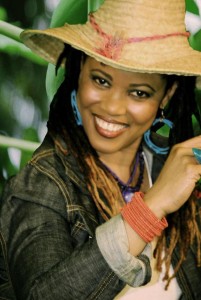 Yes, the flag looks fantastic on our heads and on our backs, but who’s rebuilding the National Palace? Who is taking care of the orphaned babies? Who’s working to get the displaced from under the tents and into homes. Who’s selling our legacy acre by acre?
Yes, the flag looks fantastic on our heads and on our backs, but who’s rebuilding the National Palace? Who is taking care of the orphaned babies? Who’s working to get the displaced from under the tents and into homes. Who’s selling our legacy acre by acre?
Our great-grandparents left us land galore; now when we go “home,” we have to rent a little spot from a stranger, and pay in U.S. dollars. Is this the new Pearl of the Antilles? Manman Flon, speak a word to us.
On this Independence Day, VoicesfromHaiti remembers the legacy of Cecile Fatiman, Catherine Flon, Marie Sainte Dédée Bazile, and Marie-Janne Lanartiniére for standing up against the worst kind of abuse. We celebrate also all people who carry a torch in Haiti’s name. We celebrate the politicians, the lawyers, the judges who work for real justice. We celebrate the young people who are searching for life. We celebrate the hundreds of thousands who passed away as a result of the earthquake, floods, and hurricanes. We remember the ones who lost their lives for no particular reason. We applaud our authors, our poets, our teachers, and our students who study by the light of the moon. We bow down to the grandmothers and grandfathers in whose heads the history of Haiti lives. We honor Haiti’s glorious past, and we celebrate the new journey.
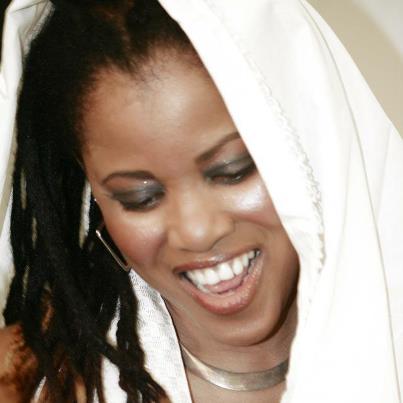 We say ochan for one of the boldest women who collects the remains of Haitian culture and breathes life into them: Ms. Carline Ruiz.
We say ochan for one of the boldest women who collects the remains of Haitian culture and breathes life into them: Ms. Carline Ruiz.
Carline was born during a thunderstorm in Port-au-Prince, in 1969. From an early age, all she wanted to do was dance, sing, write, and tell stories. When she was twenty years old, she became part of the group KNK: (konbit neg kay); at the same time she co-founded ADJAH: (Association for the development of young Haitian Artists).
Carline, along with a few others, kept Haitian culture alive by teaching more than four hundred children traditional dance, drumming, theater, and craft-making. The following year, Carline helped to create one of Haiti biggest folk bands: Boukan Ginen. The band would go on to represent Haïti all over the world.
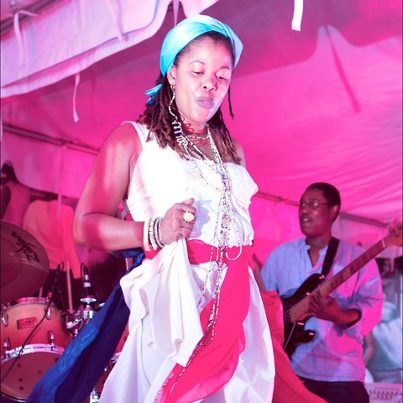 “If our culture disappears, we will forget who we are,” Carline says, And when that happens, we will become a lost people.”
“If our culture disappears, we will forget who we are,” Carline says, And when that happens, we will become a lost people.”
Carline continues: “The way we as Haitians and Haitian-Americans can preserve and promote our culture is by educating the young people. We must teach our foreign-born kids what it means to be Haitian. We must teach them our history. Our youth today lack a sense of pride. Too many young foreign-born Haitians shun their own culture; they would rather say they’re from anywhere but Haïti. We need to teach them to embrace who they are. It is our civic duty to promote Haitian culture; to teach the new generation the way of our ancestors; to keep our tradition from disappearing. No matter what tragedies we endure, we have to continue to promote our legacy. Our ancestors told us that together we are strong. If we lose our identity, we will be divided. Everyone will speak a different language; we will not recognize ourselves. I say let’s work to preserve our identity. United we are strong. Now more than ever, we need to come together and do the work before us. Or watch ourselves fade away.”
_______________________________________
Carline Ruiz is the founder of Rhythm, Dance, et Traditions. Her forthcoming CD is a tribute to the women of Haïti who continue to fight for our art forms and cultural freedom.
